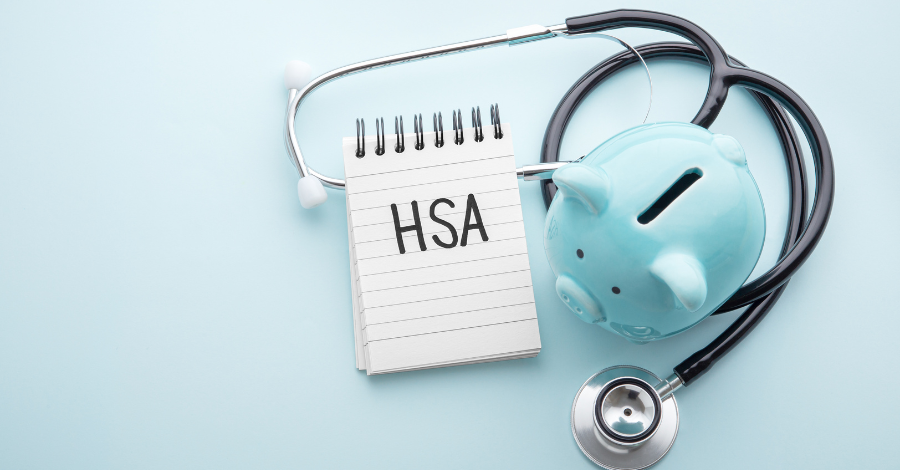
There are several options for managing benefit costs, including health savings accounts (HSAs), flexible spending accounts (FSAs), and health reimbursement arrangements (HRAs). When it comes to HRA vs. HSA vs. FSA, what are the best options for your business?
Understanding Your Health Benefit Account Options
Although there may be similarities between them, HSAs, FSAs, and HRAs are different from one another, and each one has distinct benefits for you and your employees. Understanding the differences can help you determine which type of benefit account arrangement is the best solution for your HR needs and save you valuable time and money.
What Is a Health Savings Account?
HSAs are an elective benefit that an employer can offer as a way for employees to set aside tax-advantaged medical savings to pay for copays, deductibles, and other qualified medical expenses.
HSAs are a suitable option for healthy employees who generally receive medical care for predictable, annual checkups and have infrequent medical needs. Employees covered by Medicare are not eligible to contribute to an HSA.
What Is a Flexible Spending Account?
FSA is an umbrella for both the Healthcare FSA (sometimes referred to as the Unreimbursed Medical Expenses or UME account) and the Dependent Care Account (DCA). The Healthcare FSA is used for eligible medical, dental, and vision expenses, while the DCA covers dependent care expenses such as childcare.
A medical FSA is a good choice for employees who expect to have out-of-pocket medical care costs and wish to pay for those expenses with pretax funds.
What Is a Health Reimbursement Arrangement?
A health reimbursement arrangement is an employer-funded plan that supplements health insurance benefits and covers a range of medical expenses not covered by insurance. HRAs are among the most flexible types of employee benefits plans. Unlike an HSA or FSA, employees cannot contribute to an HRA.
An HRA can be advantageous for all employees. HRAs can reimburse a wide range of qualified medical expenses, including Medicare premiums, and can be used to cover costs for the employee, their spouse, and dependents. Among tax-advantaged health accounts, the HRA is one of the most flexible options.
Which Tax-Advantaged Health Account Is Right for You?
HSA, FSA, or HRA — figuring out which account (or combination) is best for your business isn't always straightforward. Even after comparing the basic features, factors like rollover rules, contribution limits, reimbursement methods, and tax advantages can make the decision feel overwhelming.
Weigh the pros and cons, align your choices with your budget and workforce needs, and ensure you're making the most of what is available. Paychex can help you provide the right plan for your business, fostering a healthier and more financially confident team.
Read the full article on health account options at go.paychex.com/micpa-sep25
Submitted by:
Julie Caplan
Marketing Content Program Manager
Paychex®
Paychex is a proud MICPA Member Advantage Partner


